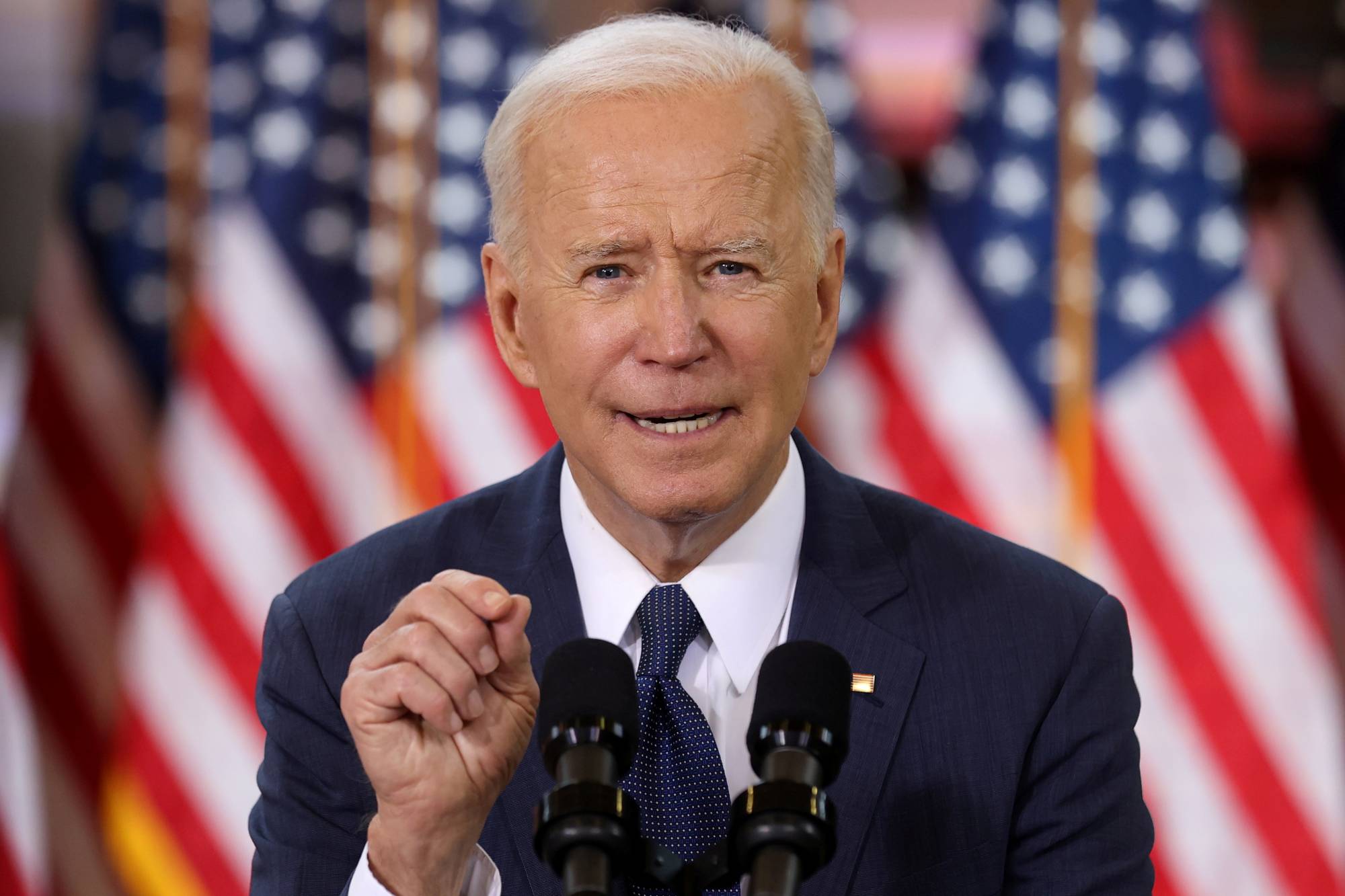U.S. President Joe Biden’s multitrillion dollar plans to revitalize the U.S. economy are rightfully drawing comparisons to his predecessor, Franklin Delano Roosevelt. But while it's the same goal, the two have somewhat different approaches, reflecting both the distinctive circumstances and the better data available to Biden.
Biden’s initiatives are a lot like a newer New Deal in some respects. The recently announced infrastructure spending plan includes money for roads, bridges, housing, schools and a better electrical grid — all things that FDR spent big on as well. If passed, Biden’s bill will alter the physical landscape of the nation, leaving a legacy of shiny new construction and improved living standards for the poor. Biden’s support for unions also echoes FDR’s creation of the modern system of labor organizing. Like the New Deal, Biden’s programs would help reverse a decades-long trend of rising inequality.
But the similarities end there. The economic challenges Biden is facing are very different from the ones FDR grappled with, and his approach is necessarily unique.

















With your current subscription plan you can comment on stories. However, before writing your first comment, please create a display name in the Profile section of your subscriber account page.